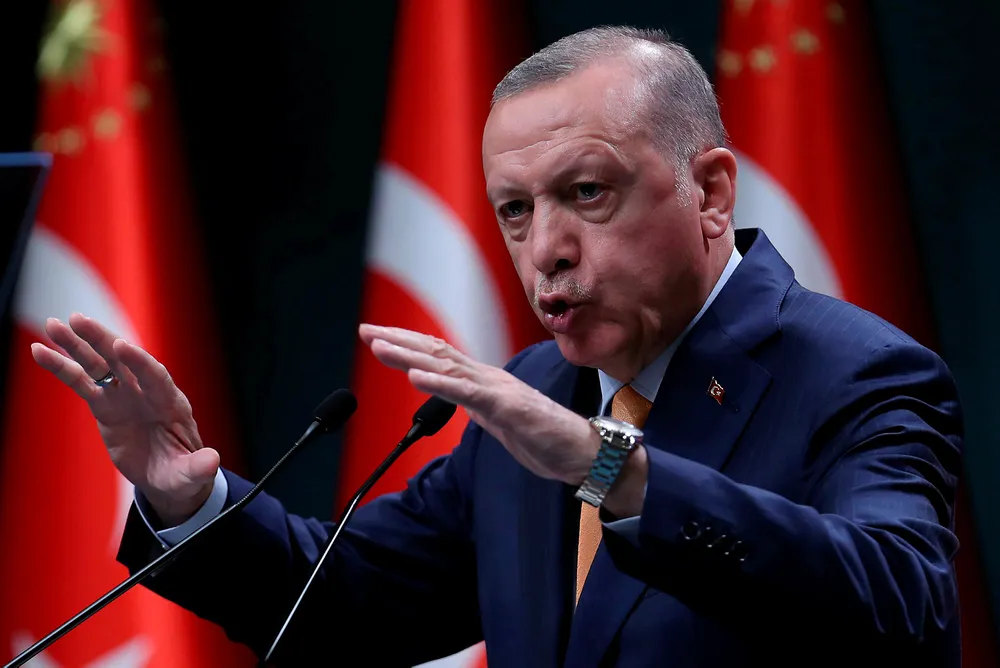OPINION: Turkey masks its exploration failures in East Med
Controversial search for oil and gas quietly winding down after long streak of dry holes, rather than EU pressure

Controversial search for oil and gas quietly winding down after long streak of dry holes, rather than EU pressure
